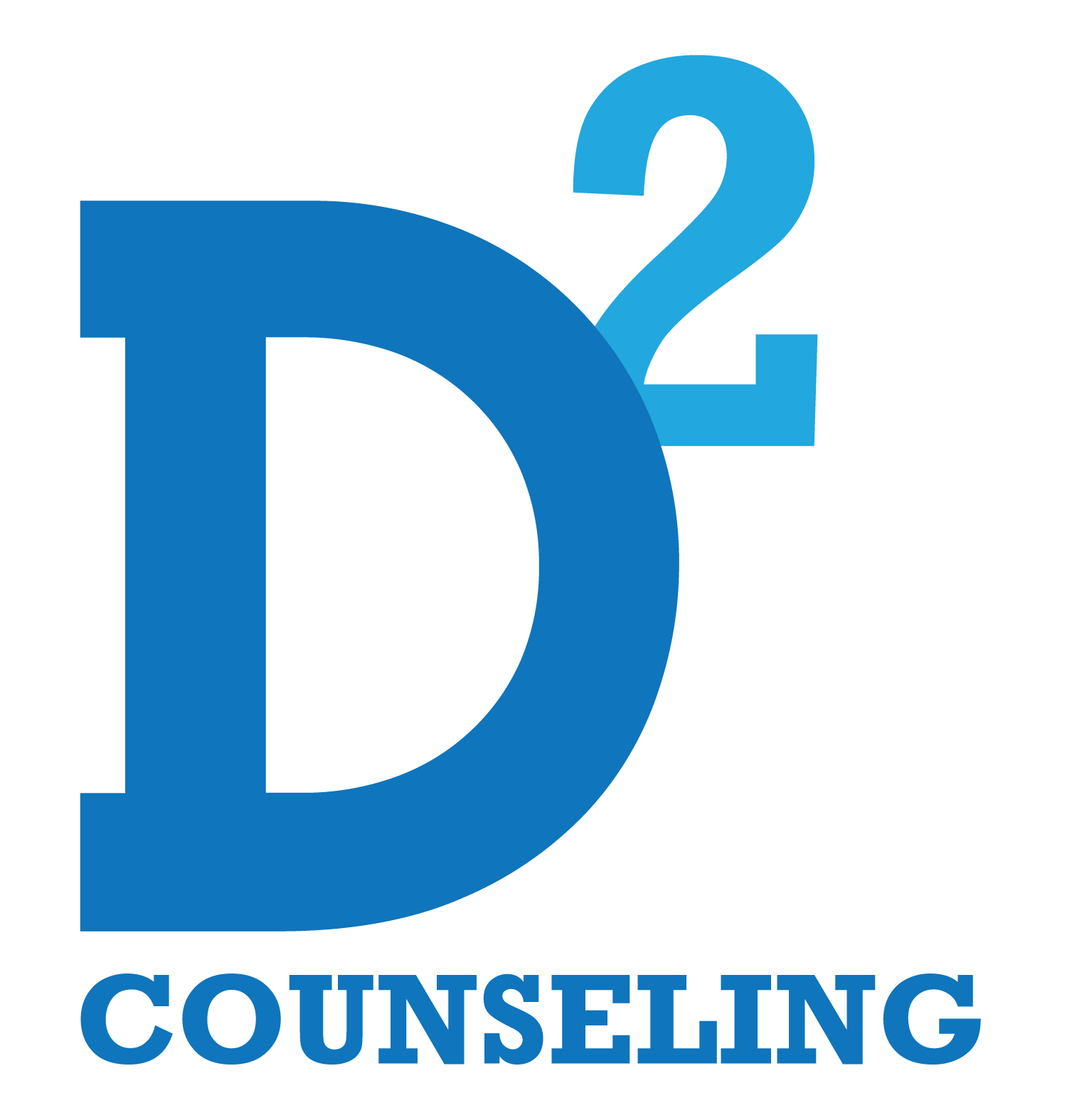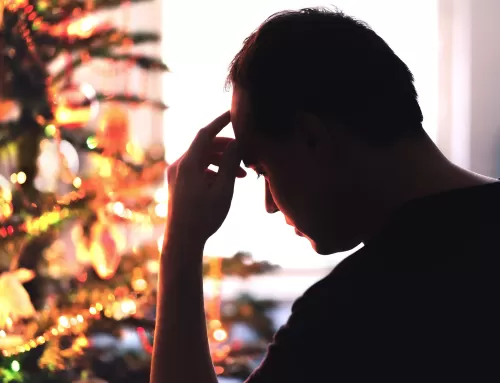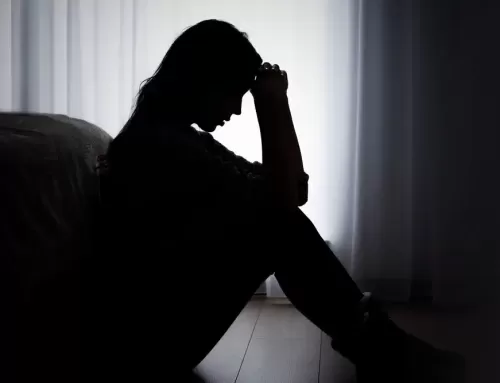My heart is hurting.
Last summer a good friend of mine died from his depression. As a minister, it was a privilege to serve his widow by presiding at his memorial service. As his friend I have cried before, during and after his funeral. Suicide invites us to evaluate our relationship with the person, and a lot of “what ifs?” and “if only I had…” surface in our mind. Yet as a counselor I know that depression takes people to places they would not go on their own, and at some point, get so far out there they cannot get back on their own, or even ask for help.
It is beyond the scope of this article to go into depression, medicine or suicide at any length but it there is a stigma that surrounds these issues that need to be considered. Mental illness is an organic chemical imbalance. This chemical imbalance can often be addressed in a number of ways. Exercise is one way. We’ve all heard of endorphins and their effect on the brain. While I personally don’t believe in endorphins while I am on the last quarter mile while running on the treadmill (then I only believe in panting), I do know that somehow I feel better if I work out regularly both physically and mentally. There is a physical reaction, an organic reaction that occurs in the brain that addresses the chemical imbalance when someone is depressed. Another way this chemical imbalance can be addressed is through counseling. Changes in brain chemistry can be made with changes in behavior. You can act your way into right thinking (and feeling) in many circumstances. The process is gradual, though remarkable progress can be made. Another way to address the chemical imbalance is through medicine. Sometimes it is the only way, depending on the imbalance.
Depression is best addressed however with a combination of these resources, including medicine. Unfortunately, there is a stigma attached to depression, and its treatment. In fact, this stigma continues with most mental illness. With education and time, I hope this stigma disappears. (We used to believe there was something wrong with left‐handed people. Ever heard of a “left handed compliment?” The stigma around being left‐handed is the etiological source of this phrase). Anyway, there is resistance to the belief that medicine is appropriate for use in depression. That somehow the individual should just “snap themselves out of it.”
If you subscribe to this approach I would challenge you to tell a diabetic to “just get over it” without their insulin, or that someone should just “snap out” of their high blood pressure. The principle is the same. Medicine can help address the chemical imbalance of the diabetic, one with high blood pressure and the depressed.
I cannot begin to imagine the dark place that my friend found himself when suicide seemed like a good choice. To be in a place where the ending of one’s life looks like a reasonable alternative. To be in that place, something is chemically broken in the brain and the illness succeeded in taking his life. If my practice is any indicator, men seek treatment far less that women do, yet studies show that depression affects both sexes about the same. If you or someone you know suffers from depression (or think you might), please take a step towards health and recovery. You do not have to live like this.
My heart is hurting.
–
Rev. Daniel Gowan, LCDC, LPC-S




